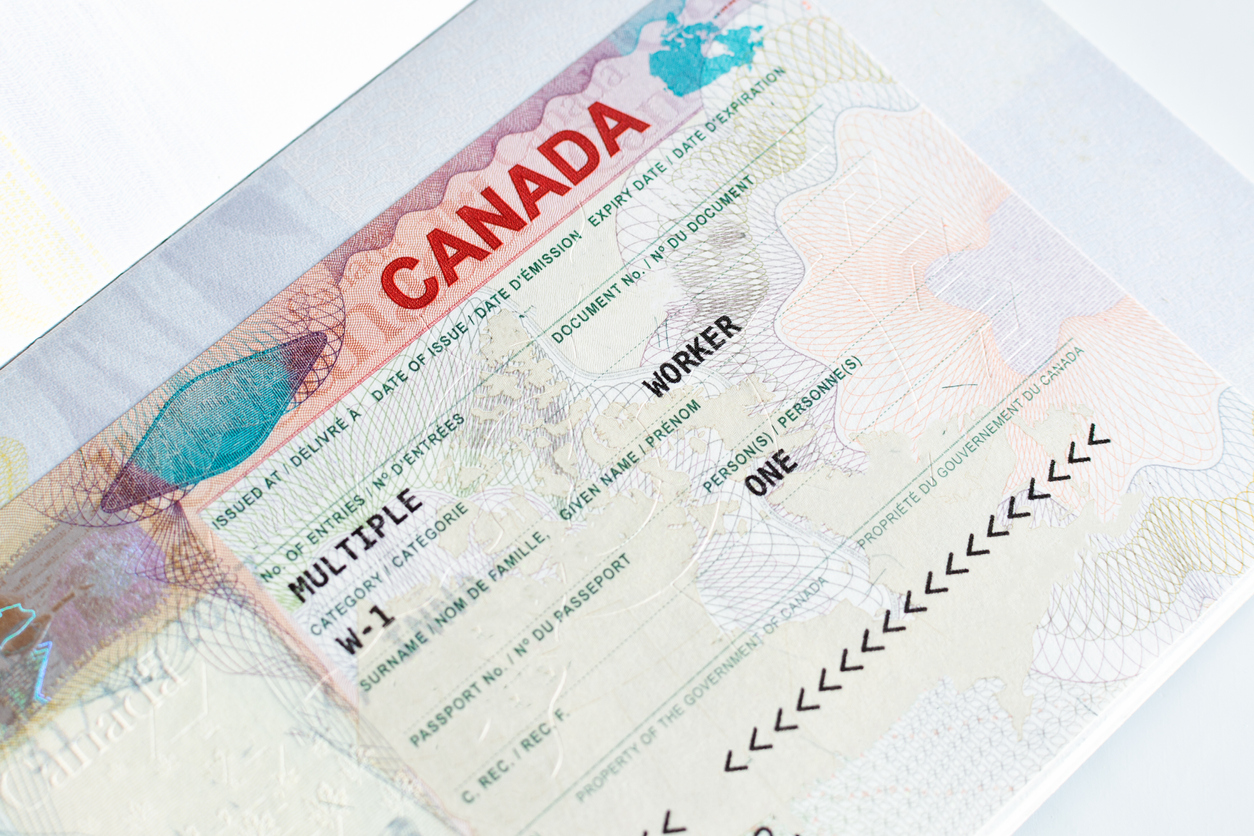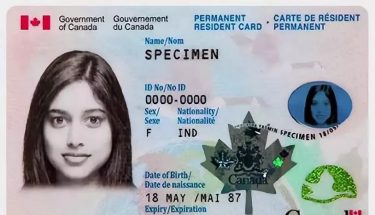What is Best Interest of a Child (BIOC)?
Canadian immigration law explicitly states that the best interest of a child directly impacted by an immigration decision must be taken into account by the immigration officer deciding the application. If the officer does not take into account the child’s best interest, and the application gets refused, then the applicant has very solid grounds to file an appeal or seek leave for judicial review in order for the federal court to overturn the refusal decision.
Court decisions in Canada have outlined the principles that immigration officers must follow when considering the best interest of a child:
- All officers are required to be “alert, alive, and sensitive” to the best interest of children impacted by the decision (Baker v Canada (Minister of Citizenship and Immigration), [1999] 2 SCR 817)
- Officers must remember that “Children will rarely, if ever, be deserving of any hardship” considering that hardship is one of the legal tests concerning humanitarian and compassionate grounds (Hawthorne v. Canada (Minister of Citizenship and Immigration), 2002 FCA 475, [2003] 2 F.C. 555)
When children are put into difficult situations, they may suffer more hardship than an adult would suffer in the same circumstances. For this reason, the need to grant “relief” to children may be greater than for an adult in the same situation.
When is the best interest of a child considered in a Humanitarian and Compassionate Grounds Application?
The best interest of a child must be considered for any child who is directly impacted by the outcome of the immigration application. This includes
- Children inside Canada
- Children outside Canada
- Children who are Canadian citizens or permanent residents
- Children who are foreign nationals, and who do not hold any status in Canada
Regardless of the child’s immigration status in Canada or their physical location at the time of the application, their best interest must be considered by decisionmakers.
Also, a child does not need to be the dependent child of the applicant for humanitarian and compassionate consideration in order for their best interest to be taken into account. For example, the child could be the niece or nephew, step-child, grandchild, de-facto family member, or other relative of the H&C applicant. The child could also be the applicant themselves. Of course, the best interest of the dependent child of an H&C applicant will also be considered.
The nature of the relationship, as well as the closeness of the relationship, between the child being considered and the H&C applicant will be taken into account. There is no one type of relationship that is the most important – the unique aspects of each case will be considered on their own merits.
Is the best interest of a child the most important factor in a H&C case?
Immigration officers are always required to be cognizant of the best interests of a child when making decisions. However, the best interest of a child is not a “magic wand” that supersedes all other factors in an H&C case. According to IRCC, the best interest of a child should be given “substantial weight” in an officer’s decisionmaking. But, officers are required to consider all relevant factors when making their decision on a humanitarian and compassionate grounds case.
Factors that an officer is obligated to consider regarding the best interest of a child include:
Age and development
- The child’s age
- How dependent on an H&C applicant the child is
A child who is younger, and more dependent upon the applicant will carry more weight than a child who, while still a minor, is old enough to be more independent.
Child’s level of establishment in Canada
- How established is the child in Canada?
- The child’s links to the country (if any) where the H&C applicant would have to return to if their humanitarian and compassionate application is denied
- The conditions in that country and the impact those conditions would have on the child
The level of establishment of a child in Canada, as well as any other country where they or their caregiver may end up, is very important in an H&C application. Does the child speak the language in that country? Have they largely grown up in Canada and with Canadian culture? Does the child have Canadian citizenship or another status in Canada? Conversely, does the child have stronger ties outside Canada? All of these questions should be answered in a humanitarian and compassionate grounds case.
Child’s growth and development
- Medical issues the child has
- Developmental special needs
- Impact on the child’s education the outcome of the application will have
- Gender issues impacting the child
In the event of a negative decision on the H&C case, how will the child’s development be impacted? If the child has medical or special needs that will not receive the right kind of treatment, or any treatment at all, this would need to be considered. How the child’s education will be impacted by the absence or presence of their main caregiver(s) depending on the outcome of the application will also be considered. Gender issues impacting the child, such as discrimination against girls in school, or transitioning to a different gender are also taken into account.
Can a child over 18 be considered on a Humanitarian and Compassionate case?
A child’s age is “locked in” once the application is received by IRCC and goes into process. Lock-in age is a legal construct that is applicable to many different types of immigration applications – when an application is received, any dependent child’s ages are considered “locked in” so that they continue to be considered dependent children no matter how old they are when the decision is made even if the processing time takes years. Once a child turns 18, they are no longer considered to be part of “best interest of a child.”
Older children and their circumstances are still relevant to the case, but they are no longer the subject of best interest of a child with the legal obligations and considerations that carries.
Examples of Best Interest of a Child (BIOC) in Immigration Applications
- An application for PR on H&C grounds made by a father of two young boys, aged 7 and 10. The boys were dual citizens of Canada and their father’s country of citizenship. The applicant had shared custody of the boys with their mother, who was a Canadian citizen. The boys were still at a young age where they would need ongoing support from their parents. They are also of an ethnic minority who experiences severe discrimination in their father’s country of nationality. Not having their father in their lives, who is of the same ethnic minority, would severely negatively impact the boys’ growth and development, and force them to suffer undeserved hardship.
- An application to renew a PR card on H&C grounds made by a husband and father of a teenage daughter, aged 14. The family were all permanent residents of Canada, however the father did not meet the residency requirement due to having to continue working at the job he had prior to immigrating to Canada in order to support the family. The father made many attempts over several years to find a comparable job in Canada, however he was only offered positions with less seniority and lower salaries which were not viable for supporting a family. The father losing his PR status would separate him from his wife and child, causing them both to suffer undue hardship and mental distress and anxiety.
- An applicant for a PR Travel Document on H&C consideration made by the mother of an infant and a small child, ages 1 and 6. The mother, father, and their oldest child were permanent residents of Canada. The baby was born outside Canada during covid-19, and was not a permanent resident. The family had applied multiple times for a TRV for the baby in order to bring everyone back to Canada together, but unfortunately the visa applications were all refused. The family was trapped outside Canada because the baby was not able to accompany them back to Canada while everyone’s PR cards were still valid. The parents would have to choose between their children if they separated them so that one parent and the older child could return to Canada to fulfill the residency obligation, causing irreparable harm on such small children.
Best Interest of a Child in Law – Humanitarian and Compassionate Grounds
BIOC is explicitly described in two separate sections of the Immigration and Refugee Protection Act:
Section 25(1), relating to an application to become a permanent resident based on Humanitarian and Compassionate Grounds
Humanitarian and compassionate considerations — request of foreign national
25 (1) Subject to subsection (1.2), the Minister must, on request of a foreign national in Canada who applies for permanent resident status and who is inadmissible — other than under section 34, 35 or 37 — or who does not meet the requirements of this Act, and may, on request of a foreign national outside Canada — other than a foreign national who is inadmissible under section 34, 35 or 37 — who applies for a permanent resident visa, examine the circumstances concerning the foreign national and may grant the foreign national permanent resident status or an exemption from any applicable criteria or obligations of this Act if the Minister is of the opinion that it is justified by humanitarian and compassionate considerations relating to the foreign national, taking into account the best interests of a child directly affected.
Section 28(2)(c), relating to an application to renew a PR card on Humanitarian and Compassionate Grounds when the residency obligation has not been met
Residency obligation
28 (1) A permanent resident must comply with a residency obligation with respect to every five-year period.
Application
(2) The following provisions govern the residency obligation under subsection (1):
(c) a determination by an officer that humanitarian and compassionate considerations relating to a permanent resident, taking into account the best interests of a child directly affected by the determination, justify the retention of permanent resident status overcomes any breach of the residency obligation prior to the determination.
Case Law Concerning Best Interest of a Child
Contact us if you need assistance with your Humanitarian and Compassionate Grounds case or the impact of Best Interest of a Child on your immigration application.
Book Appointment






